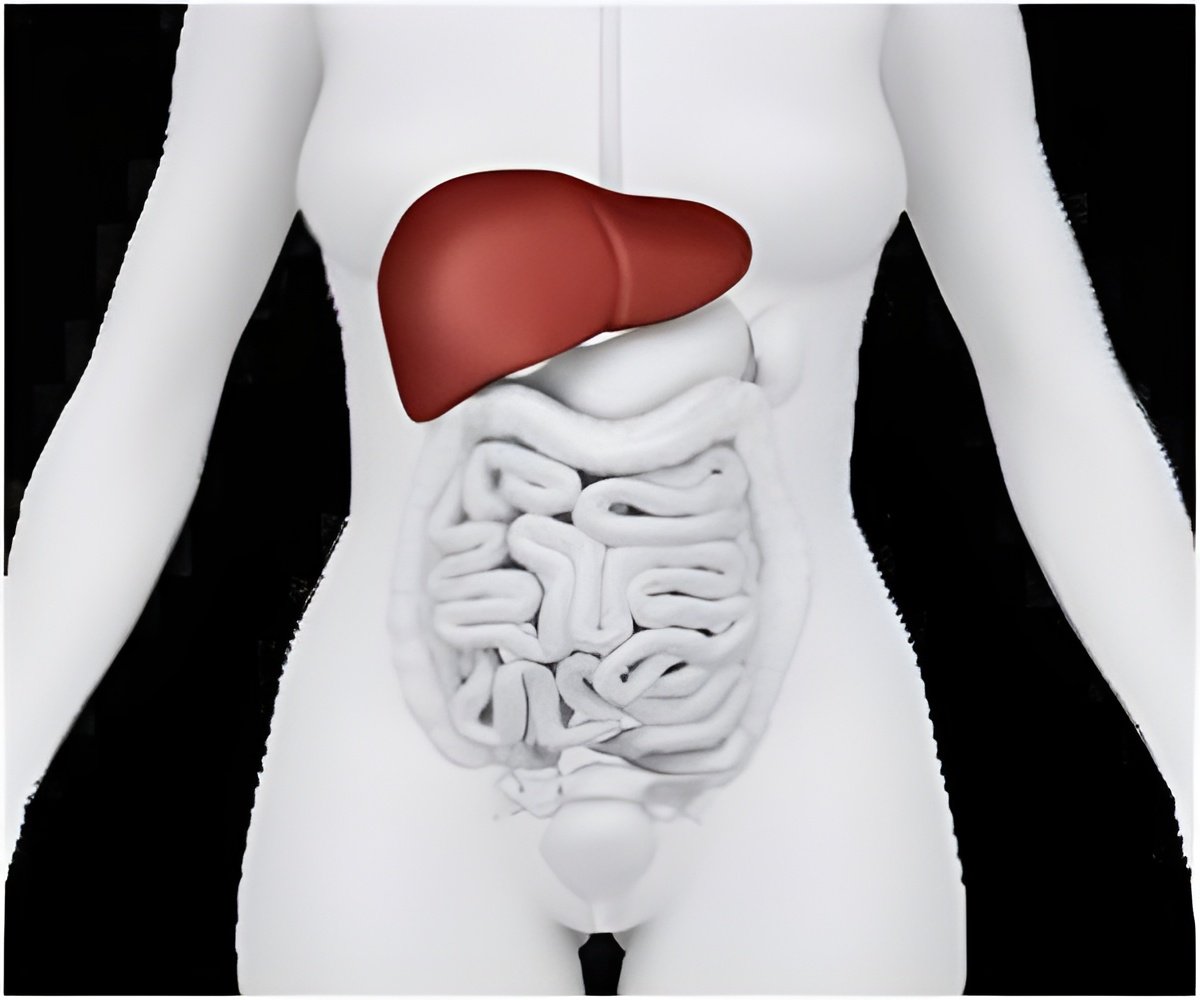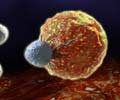
"In 2004, we discovered that healthy liver cells can engulf active immune cells, known as T-cells—and now we've seen that those T-cells are actually destroyed, " says Dr Patrick Bertolino, research team leader at the University of Sydney's Centenary Institute.
"The liver is an amazing organ," Dr Bertolino says. "Most people think it just breaks down alcohol, but it's the factory of the body - breaking down substances we don't want and making the ones that we do.
"We now know liver cells also have the ability to subvert the orders of the immune system. Our discovery might explain why liver transplants have lower rejection rates than other organ transplants," he says.
"When Dr Bertolino first told me he had evidence T-cells might be eaten by liver cells, showing a possible link to the liver's ability to dial down the immune response, I thought the idea was crazy," says lead author Volker Benseler.
Volker accepted Bertolino's challenge to prove it and went on to find healthy mouse liver cells eating T-cells, which was unexpected as this 'cell cannibalism' had only previously been seen in tumour cells.
Advertisement
In transplantations, the new organ is seen by the body as a foreign object: the spleen or lymph nodes tell naïve T-cells to replicate and turn into killer T-cells, which are sent off to invade and kill the 'foreign' cells.
Advertisement
Centenary Institute's Liver Unit leader, Professor Geoff McCaughan, says the cocktail of immunosuppressive drugs that organ transplant patients receive reduce the odds of organ rejection but makes patients' immune systems weak, leaving them open to serious infection from otherwise minor illnesses like cold or flu. These drugs also predispose the patient to long term heart disease and cancer.
"If we can harness the way the liver controls T-cells, then long-term there is a chance that transplant patients won't need these drugs," he says.
Source-Medindia







